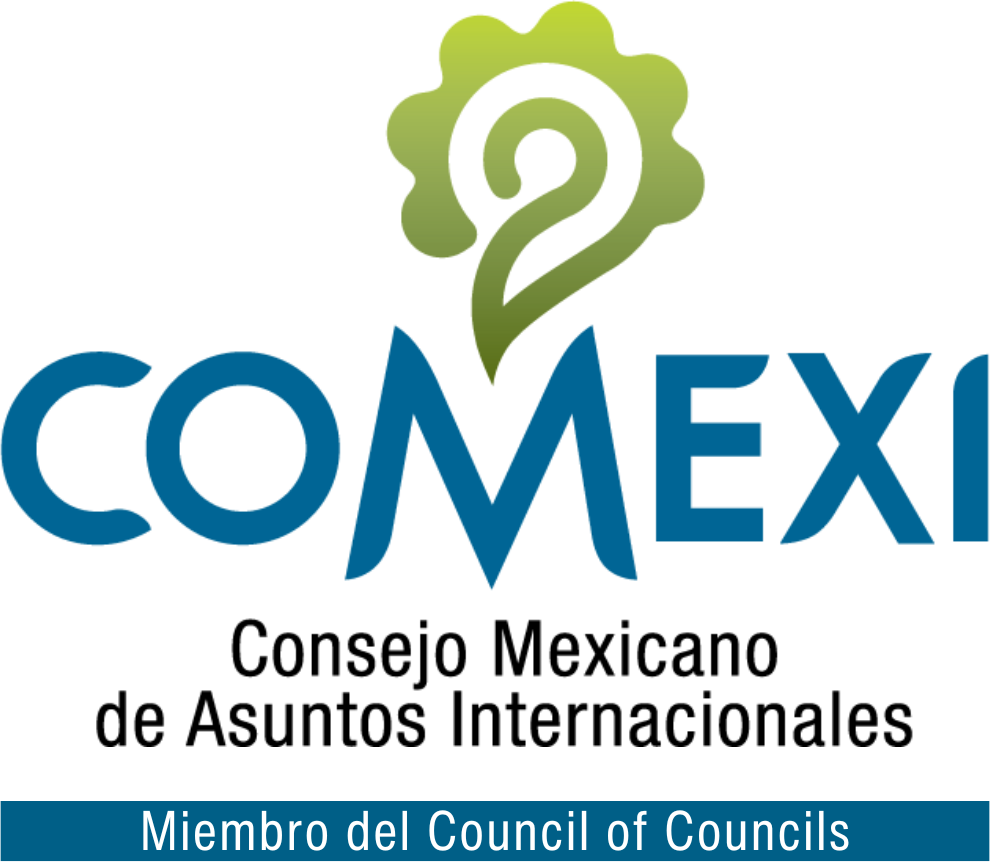Fecha Publicación: 21-11-2023
In less than a year, the market that buys close to three-quarters of Canada’s exports heads to the polls. Whether Donald Trump is destined for prison or the presidency is an open question. But for now, the court of public-opinion polling has him in the White House rather than the jail house.
Given how much Canada depends on access to the U.S. market, and how much that access was harmed when Mr. Trump was in power, we must ensure we don’t get caught flat-footed again if history repeats.
Two-thirds of Canada’s GDP comes from foreign trade, three times more than for the United States. It’s how we earn money to pay for housing programs, social services and everything else. To paraphrase Manitoba Premier Wab Kinew, access to the U.S. market is the economic horse that pulls Canada’s social cart.
A Trump Presidency 2.0 is not the only impending danger to our livelihood. Elections in Mexico, whose President has been as bad as Mr. Trump, are also coming, as is a mandated review of the U.S.-Mexico-Canada Agreement on trade 18 months later. But Mr. Trump is the biggest factor, and he’s the factor that exacerbates all of the others.
Foreign Affairs Minister Mélanie Joly caused a stir in August when she said Canada had been considering a “game plan” for the aftermath of the next U.S. presidential election. Ms. Joly gave no details, but she’s not wrong to suggest we need a game plan. It’s time to start preparing.
This begins with understanding that, for all the chaos that seemed to stem from the lone Mr. Trump, the underlying shifts Canada faces aren’t idiosyncratic one-offs. They’re structural.
Despite decades of diversification talk, Canada has and will become even more dependent on our southern neighbour. The U.S. and Canadian governments have been pushing to reshore (or near-shore) economic activity back to North America as part of a long-term struggle with China. Security worries now almost completely trump economic concerns. Canada rushed toward China to diversify from the U.S., and then to India to diversify from China. Now both experiences have us rushing back to North America. Diversifying to other distant, more difficult markets is aspirational rhetoric, not real policy. We have to make North America our No. 1 priority.
In another shift, U.S. policy discourse is going from disrespectful to lethal. A candidate for the Republican presidential nomination on a televised debate called for a border wall with Canada. And his colleagues on stage (and the former president elsewhere) called for bombing Mexico. That candidates for an established party say these things lowers the bar, making it easier for these ideas to enter the mainstream and turn into policy. Mr. Trump’s earlier dabbling with tariffs has morphed into a promise to institute an across-the-board 10-per-cent tariff increase if re-elected.
Ibbitson: Canada has little option but to strengthen Western alliance if Donald Trump becomes U.S. president
Saunders: Fear of a Trump planet: The world is watching the American voter
There are practical things Canada could start doing now to prepare for and adjust to these structural shifts.
The first is to strengthen existing regulatory and administrative bodies such as the Canada-United States Regulatory Co-operation Council. It provides an administrative structure to align regulations on both sides of the border, which makes trade easier and gives a preference for business to trade in North America.
Institutions with mandates and aligned regulations don’t disappear with the stroke of a pen and are a bulwark for a possible assault on trade between the two countries.
Secondly, we must pay utmost attention to the U.S.-Mexico-Canada Agreement. Presumably there is preparatory work taking place for its coming review; this could be bolstered by greater federal and provincial attention. It also means strengthening our relationship with Mexico. When it comes to reshoring, America has its eyes on Mexico, not Canada. If we want to remain relevant, we need to be loud and vocal at the table, and that means making the case in Mexico.
Next, we need all assets in play in the U.S. This means think tanks, business councils and academia on both sides of the border be activated, funded and co-ordinated to start flooding the field and playing offence. “Expert opinion” is under attack these days but it is still the one effective tool that we have. If done regionally and at the grassroots, instead of only from the capitals and coasts, this support can help local business leaders, economic managers and their employees stand against the loud fringes that oppose trade.
Here we also need the Western provinces to step up and do more. The Western premiers are the only ones in Canada not to meet annually with their U.S. counterparts. While premiers from the Atlantic provinces, Quebec and Ontario meet every summer, the Western premiers rarely attend the Western Governors’ Association annual meetings. If the U.S. shifts right, friends on the American prairies become more important.
We need to get serious about protecting our interests in the United States. This is a generational challenge requiring a generational response.
Sigue leyendo aquí




